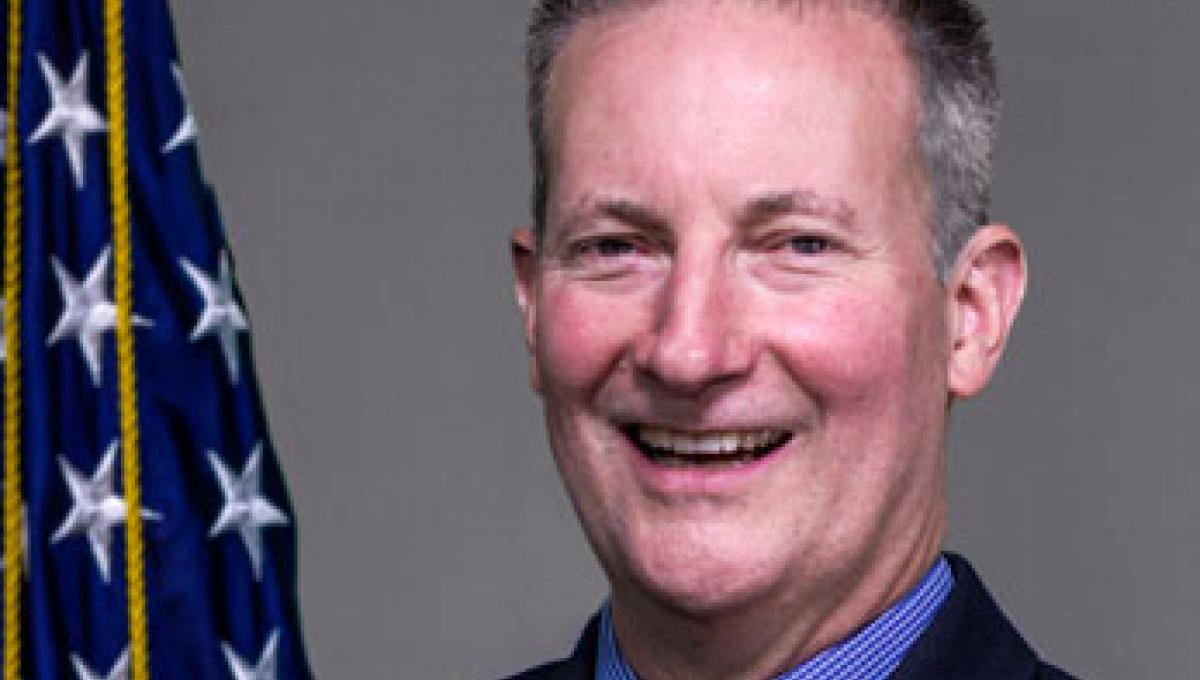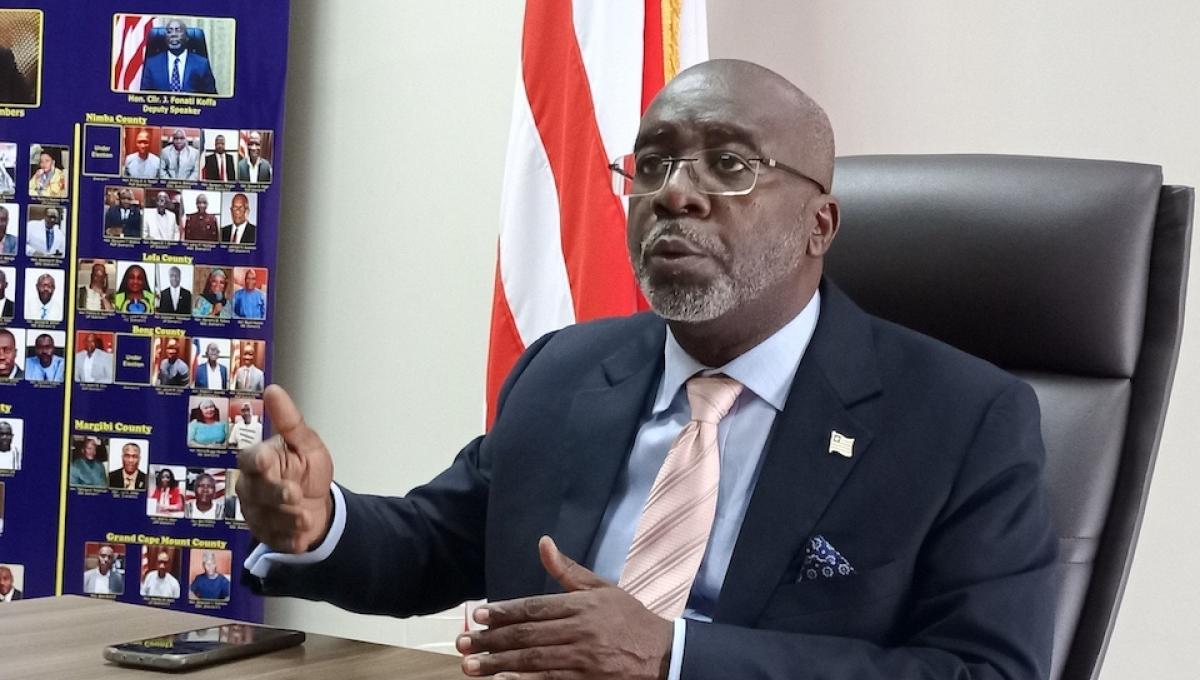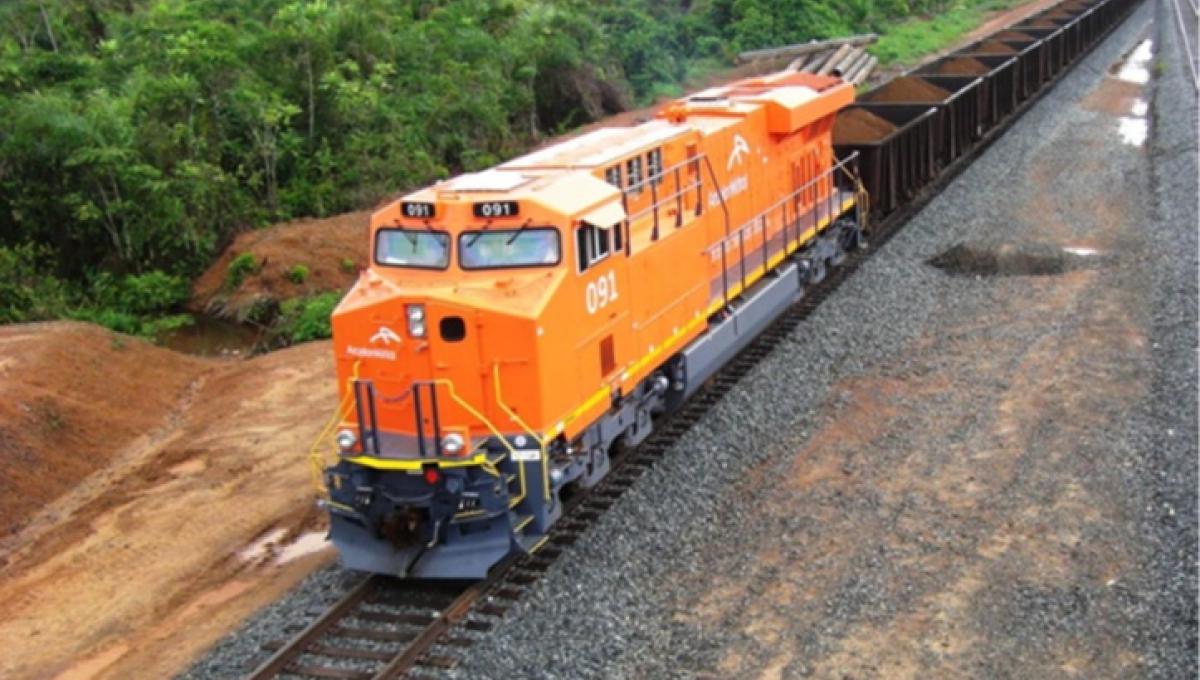Mineral Development Agreements Need Transparency and Better Scrutiny by Lawmakers

Numerous concerns have been raised through media reports and editorials about the questionable nature of the BAO CHICO mineral development agreement (MDA). And what has the government of Liberia done so far? It has played deaf ears to the matter. And since, according to President George Manneh Weah, the deal “aims at revitalizing our economy and is in support of the Government's pro-poor agenda", it was quickly dispatched to the legislature on August 31, 2021.
Now the MDA has sailed through the Senate without even an ounce of real scrutiny by stakeholders in the affected communities, as well as Civil Society and the public at large. No experts were assembled and asked to testify before the Senate in an open hearing. We are observing a similar pattern with the much-talked-about ArcelorMittal Revised MDA. So much so that a consortium of several media organizations have filed a Freedom of Information Request demanding the Government disclose the ArcelorMittal MDA, along with responses to ten key issues raised.
The fate of the BAO CHICO deal now rests with the House of Representatives, the last stop before it becomes law and commits the Government and People of Liberia for a whopping 25 years. If we must reiterate the litany of concerns raised about the deal, here’s the rundown:
- The MDA seeks to grant Bao Chico Resources Liberia a Limited Class A mining license to extract iron ore for 25 years.
- The company was originally granted an iron ore exploration mining license in 2008 (MEL 12005) for the exploration of mineral products within the area specified on the license, which covered a total area of 87.4km2 in Bomi County, according to a 2014 LEITI Report.
- The MDA, it was recently revealed, is for a concession area in Gbarpolu County, where the company has no record of exploration under the license given.
- Gbarpolu County is known more for diamond and gold deposits than for iron ore.
- Even if it were to be mining iron ore in the area, what infrastructure is required to transport the ore from Gbarpolu County to the point of shipment?
- Bao Chico Resources, Liberia Limited, according to a 2015 LEITI report, is a non-publicly listed iron ore company that is ultimately owned by the Government of China. The Mineral Exploration of the entity is owned by Bao Chico Resources, Liberia Ltd., which is 100% owned by Bao Chico Resources. Bao Chico Resources is owned as follows: Baosteel Resources, 50.1%; CHICO (China Henan Cooperation Group Co.), 40%; and Chico Africa Development, 9.9%. All three of these entities are 100% owned by the Government of the People’s Republic of China. Is this the company representing China's interest in a mineral swap deal announced by Finance Minister Samuel D. Tweah between the Government of Liberia and that country?
- Why have there been no public hearings on the deal? Is it because there were none demanded by the public?
This is exactly the kind of deliberate nondisclosure employed by the Weah administration regarding the now revised MDA for ArcelorMittal Liberia. The company, headquartered in London, the United Kingdom, proffered an US$800 million deal to extend its operations in Liberia for another 25 years. The details of said deal are yet to be known, despite grave concerns raised by project affected communities in Nimba and Grand Bassa counties, and a lawsuit filed and led by one of Grand Bassa’s most prominent Citizens, the former Senator Gbehzohngar M. Findley, who is also a former Minister of Foreign Affairs. In the absence of full disclosure to address their concerns and those of the general public at large, the Citizens of Grand Bassa County proceeded and filed their lawsuit against the company. In addition, the Legislative Caucus of Nimba County has expressed it's dissatisfaction at a slew of unfulfilled expectations on the part of ArcelorMittal Liberia based on its MDA of 2006. Recently, a group of Citizens of Nimba went as far as disrupting the operations of ArcelorMittal by the staging of a “country devil” on the railroad transporting the company’s material between the port of Buchanan and its operations in Nimba.
Despite filing their FOI request, the consortium of Liberian news media outlets have yet to receive even and acknowledgement of the Freedom of Information (FOI) request, calling on the Government of Liberia to make public the document as well as address key points of concern that affect the communities, the economy and the country at large.
One key point of concern is whether or to what extent ArcelorMittal Liberia will be required to share the rail line with other concessionaires and other commercial rail transport providers. In 2019, the Government of Liberia and the Government of Guinea entered into a well publicized bi-lateral agreement for accessing the Yakepa-Buchanan rail to the Port of Buchanan for transshipment of ore mined in Guinea. The Yekepa to Buchanan rail road, an infrastructure asset owned by the Government of Liberia and which predates ArcelorMittal Liberia’s first MDA, could be at risk of being ceded into full control of a single company, eliminating hundreds of millions USD more in potential revenue from other users. This was a key point raised by the U.S. Ambassador at a Media Roundtable discussion held in October in which he praised Liberia for concluding negotiations with ArcelorMittal for the investment, but cautioned against limiting access to the rail. In Addition, Deputy Speaker of the House, Grand Kru Representative Fornati Koffa, also expressed a cautionary note at a recently held press conference, that no sovereign asset should be under the control of a private company. We are watching to see if he means what he says.
We are hereby calling on our National Legislature to invite independent experts in Geology, Mining, Environmental Protection, Labor Practices, Occupational Health and Safety, Finance and Investment, and other relevant areas, including Civil Society, to provide expert opinion on both the BAO CHICO and the ArcelorMittal MDAs before they are ratified into law!
Sadly, a number of prominent civil society organizations operating in Liberia, that are known for their support of good governance, transparency and freedom of information, have thus far declined to speak on the matter. When pressed further about why they wouldn’t lend their voices to add pressure on the government to make public the MDAs, the leader of one CSO replied, citing fear that, by speaking out, they (CSO leader) could be severely punished by President Weah.
There is clearly something amiss when Civil Society Organizations with international repute hesitate -- due to fear of retribution -- to comment on issues that are clearly within their sphere of relevance to comment on. The CSO leader did not speak of any prior negative experience with the government or with the President. Yet, what we are seeing here is that the once clearly drawn line between speaking truth to power and what power may perceive as offense, appears to be blurring out. This blurred line explains the absence of transparency.
To all branches of government: transparency and full disclosure of public documents, including mineral development agreements, is a requirement by law. This is not an option.



